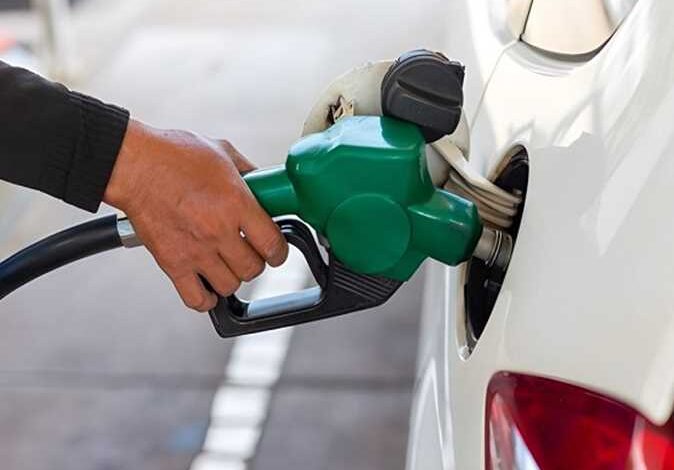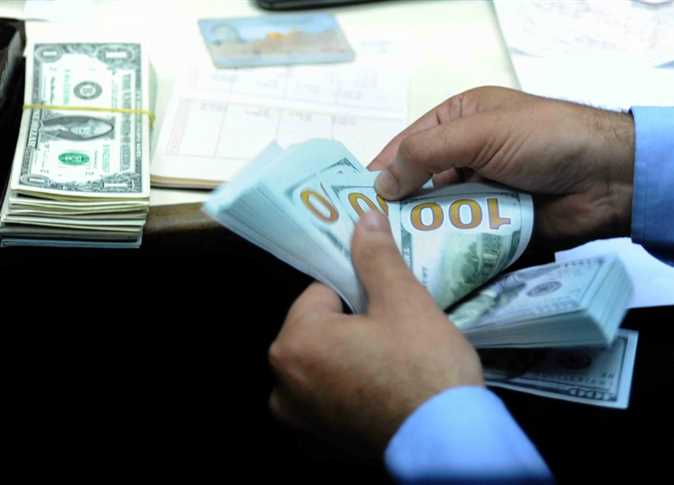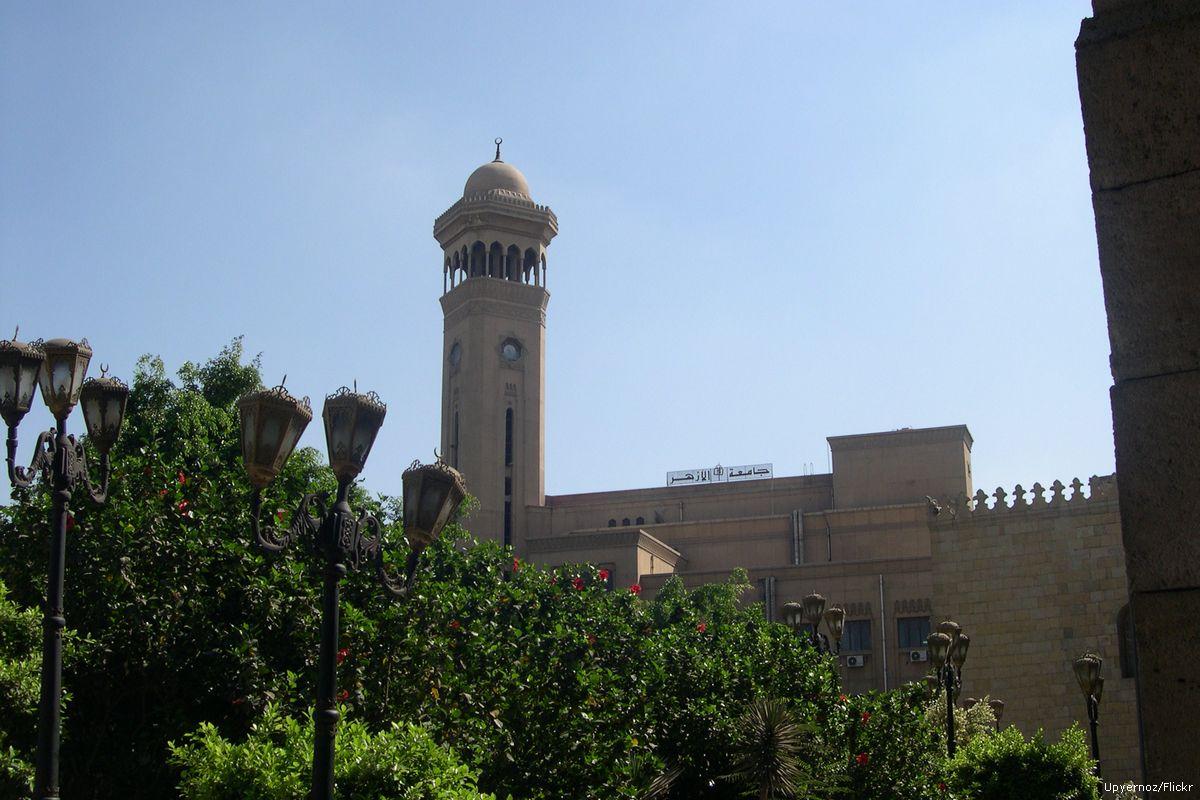
A government source has stated that Prime Minister Mostafa Madbouly’s announcement regarding upcoming gasoline price adjustments in October is part of Egypt’s commitments to the International Monetary Fund (IMF).
These commitments include a gradual move towards a more flexible energy pricing structure that aligns with actual costs, while also reducing indirect fuel subsidies.
The source noted that the expected price increase will be in the range of 15 percent to 25 percent.
Speaking to Al-Masry Al-Youm, the source added that this decision is not solely linked to fluctuations in global oil prices or exchange rates, as is typical with the automatic pricing mechanism.
Instead, it reflects ongoing understandings with the IMF regarding the reform of the subsidy system and the enhancement of public spending efficiency.
The coming period will see close market monitoring to prevent any unwarranted price increases by vendors, the source warned.
They added that the government’s objective is to rationalize domestic fuel consumption and encourage a shift towards more sustainable alternatives like electric vehicles and compressed natural gas.
The financial savings from this measure will be redirected to social protection programs, expanding their base of beneficiaries. “The increase in petroleum product prices may be the last major one,” the source added.
“After that, we will revert to the automatic pricing mechanism based on market prices, Brent crude rates, and the dollar exchange rate, as the prime minister has stated. This will help to avoid any market shocks.”
State will continue to bear costs
A government source clarified that the direct impact of the increase will be limited on the broader segments of the population, as gasoline is primarily used for private cars and by middle- and high-income groups.
The state will continue to bear the majority of the cost for stabilizing the prices of fuel used for freight and passenger transport.
The Deputy Head of the General Petroleum Division at the Chambers of Commerce, Afifi Badawi, stated that the government is continuing to subsidize fuel prices in a step to reassure citizens and markets.
He said that diesel and butane gas prices are still subsidized by up to 37 percent, while gasoline receives a 28 percent subsidy.
Badawi assured that the government remains committed to alleviating burdens on citizens and industrial sectors, as current diesel and gasoline prices are less than their actual cost due to significant state subsidies.
The global decrease in oil prices and the decline of the dollar’s exchange rate against the Egyptian pound will contribute to easing the pressure to raise fuel prices, he explained, with a focus on supporting essential products to ensure price stability and ease the burden on citizens.
According to the source, the government will continue to subsidize diesel prices to ensure that the costs of public transportation and essential goods remain unaffected, thereby reducing the likelihood of a widespread inflationary wave.
Edited translation from Al-Masry Al-Youm




